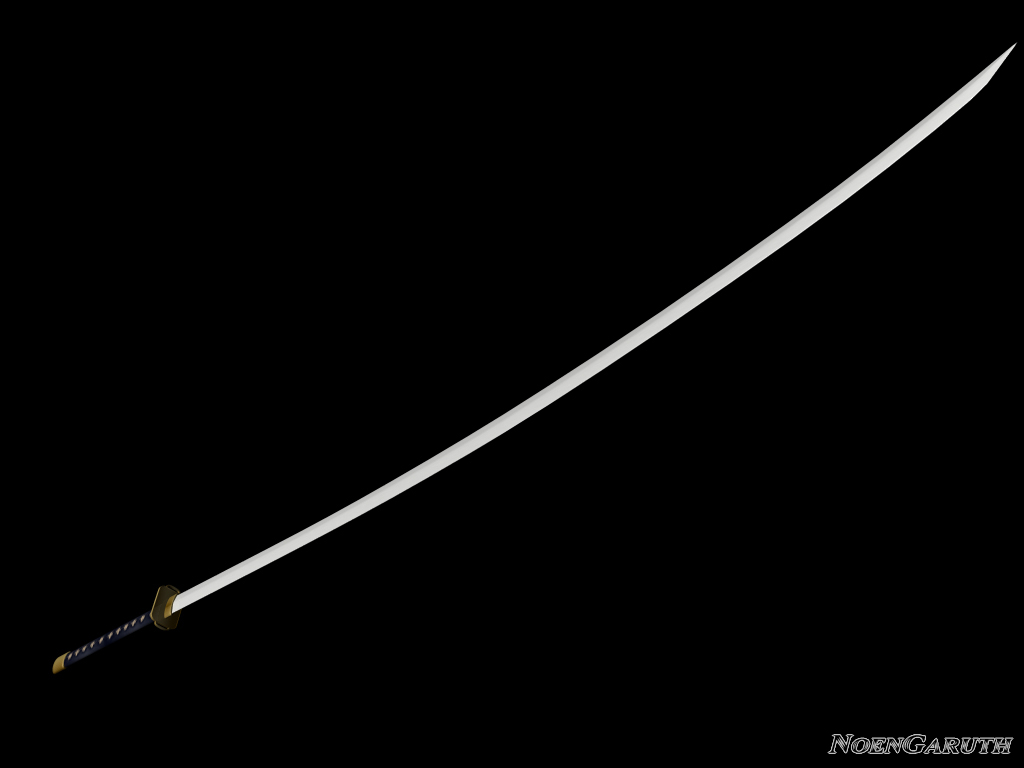Hands on With the PlayStation Move

We go hands-on with Sony's new motion controller, the Move.
I made a quick trip down to Seattle at Sony's behest to see if the Move lived up to its claims of 1:1 motion control (short answer: yes). The controls are responsive and generally precise, to the point that it tended to have a better idea of the spastic flails I was making than I did. Some of the demo games had issues with synchronization and timing, for Motion Fighter (the working title of a street brawler-themed game) there was a bit of a lag between performing the movement and the game actually registering it, but the issue was simply that of the demo, not the Move's technology Managing Producer Kyle Shubel said.
Other issues arose due to the placement of the demos. Because the Move uses light tracking via the PlayStation Eye, bright light can interfere with the configuration. Normally this wouldn't be too much of a problem, Shubel said, as the games will have the ability to re-configure easily if it gets disrupted, but with the demos the feature was not available.
As far as the Move's viability as a peripheral, for the most part it does what it's supposed to do and does it well. The movements are fluid, and the camera adds a nice extra degree of functionality for features like depth perception, so the positioning and speed of your gesture effect can have actual in-game effects. Sony is hoping to capitalize on this, coupled with the horsepower of the PlayStation 3, to sell the idea. What it will really come down to, though, is the games. The Move controls, at their very core, are quite similar to that of the Wii, and while the added functionality might appeal to some gamers, the large casual gaming market Nintendo has cornered may not be as willing to buy a new system, peripheral, and game collection to play.
Shubel, however, remains confident that the Move will sell. The quality of games, Shubel said, is what will sell the Move, and Sony is preparing a number of titles, both hardcore and casual, to make the most of the Move's capabilities. Unseating Nintendo's reign over motion control will be no small feat, but if they manage to assemble the right mix of games, the Move's potential could very well give Sony the edge.
Permalink

We go hands-on with Sony's new motion controller, the Move.
I made a quick trip down to Seattle at Sony's behest to see if the Move lived up to its claims of 1:1 motion control (short answer: yes). The controls are responsive and generally precise, to the point that it tended to have a better idea of the spastic flails I was making than I did. Some of the demo games had issues with synchronization and timing, for Motion Fighter (the working title of a street brawler-themed game) there was a bit of a lag between performing the movement and the game actually registering it, but the issue was simply that of the demo, not the Move's technology Managing Producer Kyle Shubel said.
Other issues arose due to the placement of the demos. Because the Move uses light tracking via the PlayStation Eye, bright light can interfere with the configuration. Normally this wouldn't be too much of a problem, Shubel said, as the games will have the ability to re-configure easily if it gets disrupted, but with the demos the feature was not available.
As far as the Move's viability as a peripheral, for the most part it does what it's supposed to do and does it well. The movements are fluid, and the camera adds a nice extra degree of functionality for features like depth perception, so the positioning and speed of your gesture effect can have actual in-game effects. Sony is hoping to capitalize on this, coupled with the horsepower of the PlayStation 3, to sell the idea. What it will really come down to, though, is the games. The Move controls, at their very core, are quite similar to that of the Wii, and while the added functionality might appeal to some gamers, the large casual gaming market Nintendo has cornered may not be as willing to buy a new system, peripheral, and game collection to play.
Shubel, however, remains confident that the Move will sell. The quality of games, Shubel said, is what will sell the Move, and Sony is preparing a number of titles, both hardcore and casual, to make the most of the Move's capabilities. Unseating Nintendo's reign over motion control will be no small feat, but if they manage to assemble the right mix of games, the Move's potential could very well give Sony the edge.
Permalink

